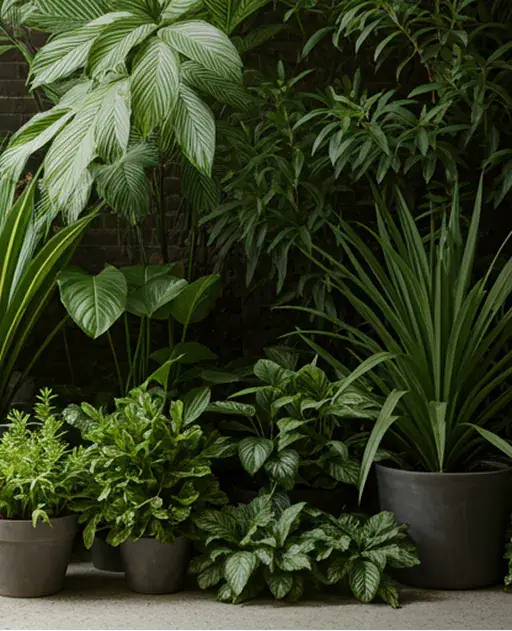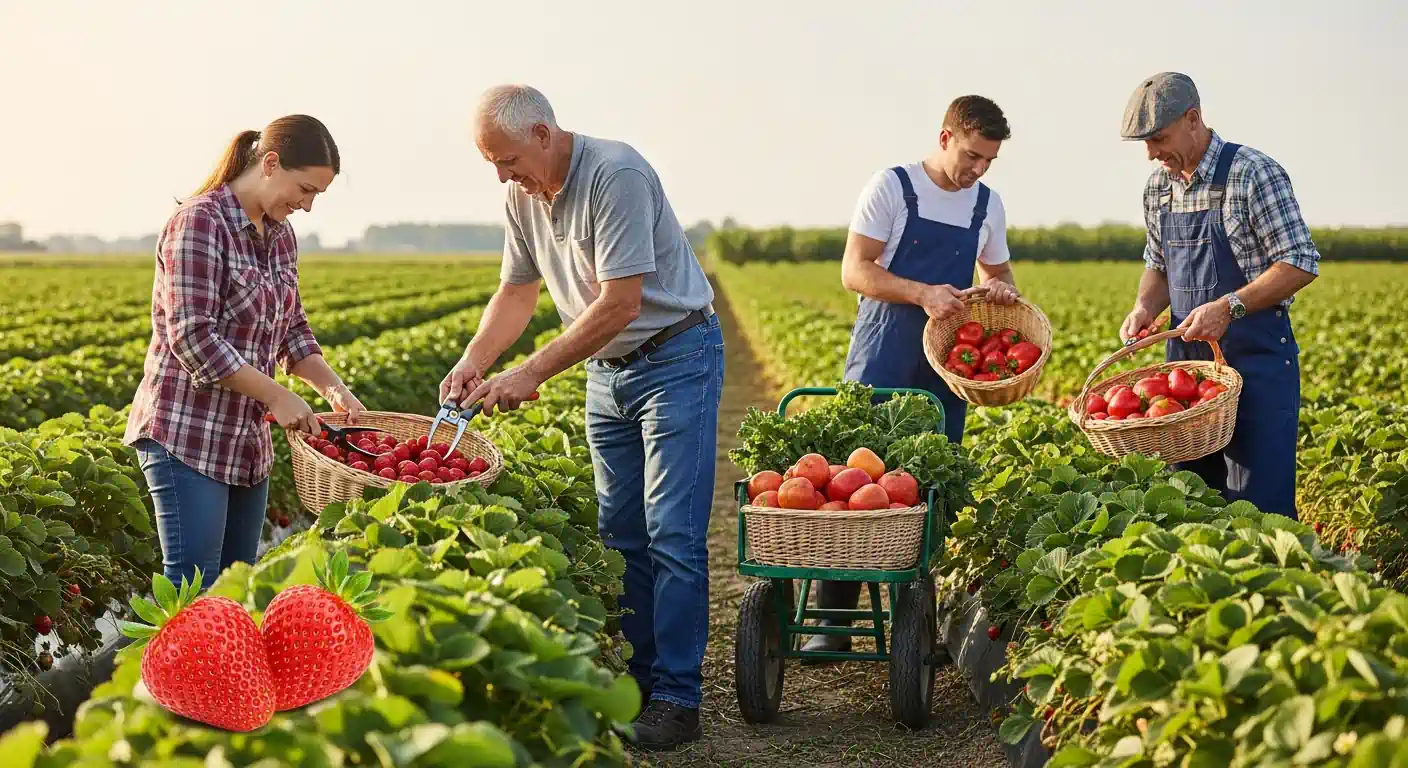
Latest Articles
Actionable Advice for Modern Planting: From Seed to Harvest
Read expert tips about Actionable Advice for Modern Planting: From Seed to Harvest in the undefined category.

Advanced Planting Techniques: Elevate Your Garden with Modern Methods
Read expert tips about Advanced Planting Techniques: Elevate Your Garden with Modern Methods in the undefined category.

Beginner's Guide to Modern Planting: Easy Steps for Success
Read expert tips about Beginner's Guide to Modern Planting: Easy Steps for Success in the undefined category.

Best Practices in Modern Planting for Optimal Plant Growth
Read expert tips about Best Practices in Modern Planting for Optimal Plant Growth in the undefined category.

Choosing the Right Plants: Modern Planting Guide for Beginners
Read expert tips about Choosing the Right Plants: Modern Planting Guide for Beginners in the undefined category.

Categories View All

Basic Planting Techniques
Master the fundamental planting techniques essential for successful gardening. Learn proper soil preparation, seed sowing methods, and basic plant care practices for optimal growth.

Soil Preparation Methods
Discover effective soil preparation techniques for optimal plant growth. Learn about soil testing, amendment methods, and creating the perfect growing environment for your plants.

Seed Sowing Techniques
Learn professional seed sowing methods for maximum germination success. Understand proper seed depth, spacing, and environmental conditions for different plant varieties.

Watering Techniques
Master essential watering techniques for healthy plant growth. Learn about proper irrigation methods, water scheduling, and moisture management for different plant types.

Fertilization Methods
Explore effective fertilization techniques for optimal plant nutrition. Learn about different fertilizer types, application methods, and timing for maximum plant health.

Pest Control Techniques
Learn effective pest control methods for protecting your plants. Discover natural and chemical solutions, prevention strategies, and integrated pest management approaches.